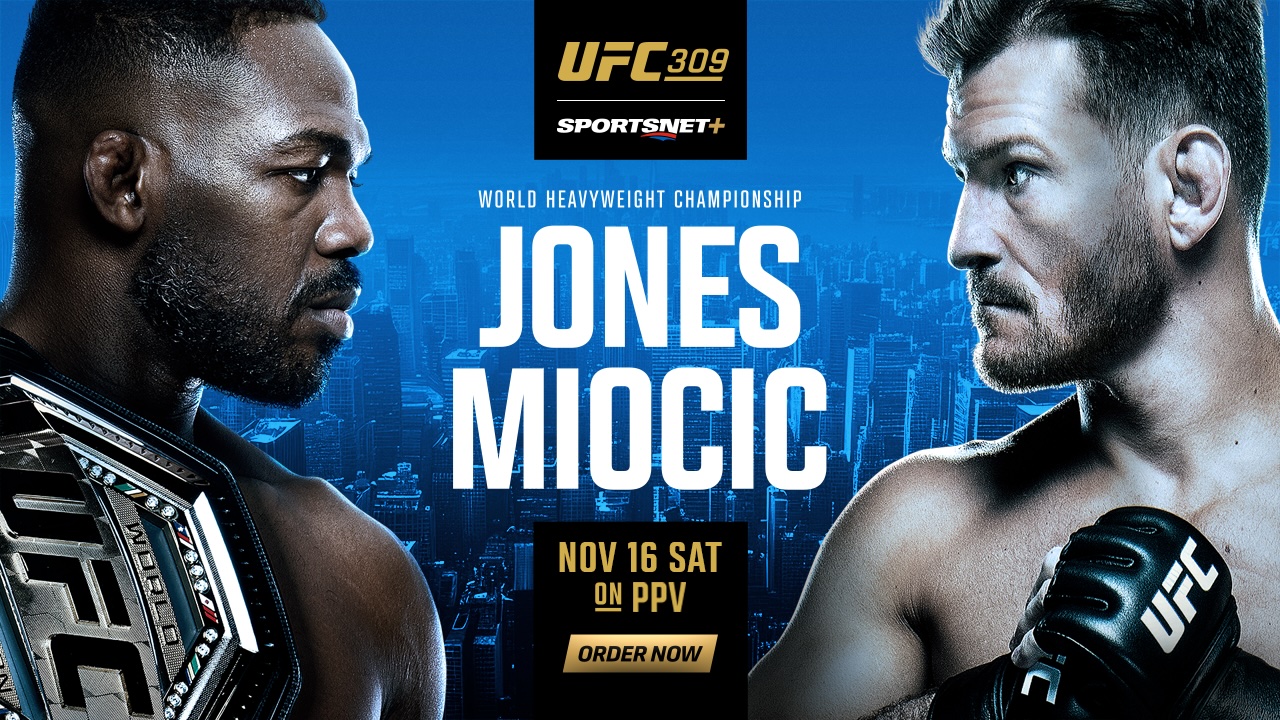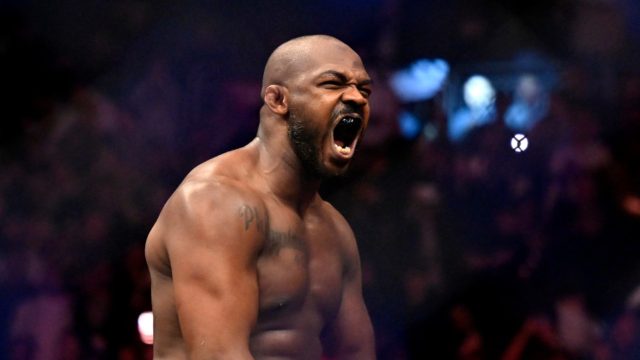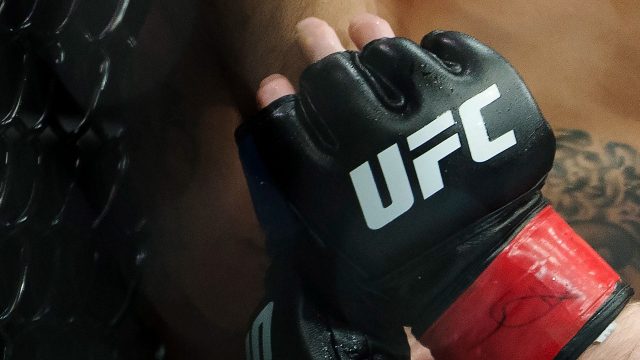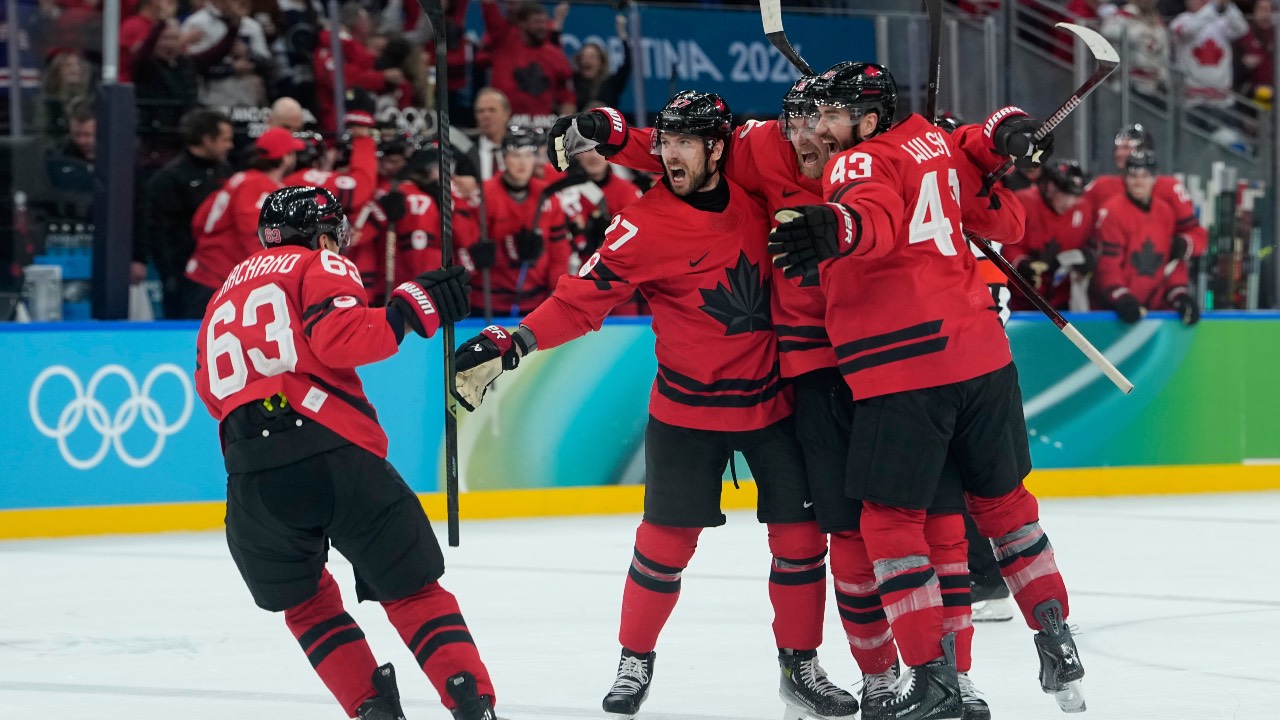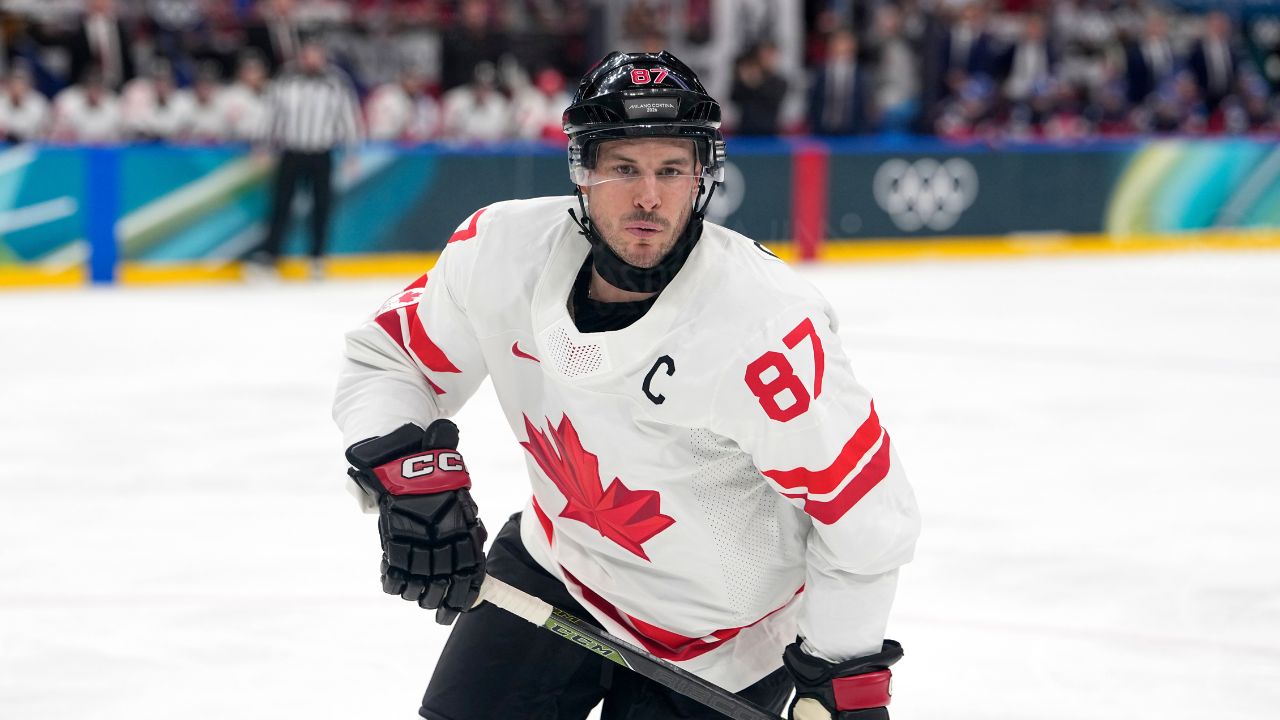
The date is Aug. 9, 2008 and I am a 26-year-old producer attending a UFC event for the first time, arriving at the Target Center in Minneapolis for the very first fight of the night at a time where the preliminary card was not broadcasted live.
A few bouts in, a 21-year-old named Jon Jones makes his debut against Andre Gusmao and defeats him by unanimous decision. He is extremely raw, but you can see that he has strong wrestling and a seldom seen creativity on the feet.
A few fights later, Jones is walking around the venue and taking pictures or signing autographs with fans who ask. I approach Jones, tell him that I am a producer and ask for his phone number to book an interview with him and he obliges, thanking me for showing an interest in him.
Watching the fight back today, Jones is barely recognizable in comparison to what he would become and the same can be said for the fight’s presentation, with the UFC being in its formative years.
As the promotion grew into the juggernaut that it is today, so did Jones, who would become the UFC’s youngest champion less than three years later.
What Jones would go on to achieve would be unthinkable in today’s UFC and in an era where much of the promotion’s current fanbase caught on during the years of the COVID-19 pandemic, many acknowledge Jones as the greatest of all-time, but few can really grasp why.
To those following the sport at the time, it was common knowledge the light heavyweight division was the best and deepest weight class in the UFC. The division had the tail end of Chuck Liddell’s career, PRIDE transplants like Mauricio “Shogun” Rua and Quinton “Rampage” Jackson, plus homegrown talent like Lyoto Machida, Rashad Evans and Forrest Griffin.
Along came Jones, who ran through most of them like a hot knife through butter.
It would be the equivalent of a 21-year-old entering the UFC and beating Dustin Poirier, Justin Gaethje and Max Holloway in succession after being in the promotion for just two years.
Jones did not stop there. After beating an entire generation of 205-pound killers, he would go on to beat the entire generation that followed with two wins over Daniel Cormier and Alexander Gustafsson, future champion Glover Teixeira, Thiago Santos and Anthony Smith. He would then go on to narrowly defeat the first of the subsequent generation of light heavyweights in Dominick Reyes before deciding that after breaking Georges St-Pierre’s record for the most wins in title fights, he had achieved his goals in the division and would move up to heavyweight and attempt to win gold in a second weight class.
At that point, if you had argued that Jones was the greatest of all-time, most would agree.
He went on to defeat Ciryl Gane for the vacant heavyweight championship, becoming one of just 10 fighters in UFC history to achieve becoming a two-division champion and, in doing so, essentially cemented himself as the greatest of all-time.
While “GOAT” status is subjective and open to debate, many of those who do not think that Jones is at the top of the mountain is because they believe his suspensions stemming from the use of banned substances are disqualifying and not that another fighter has achieved a better overall body of work.
Jones has fought 23 times in the UFC and of those fights, 15 have been victories in championship bouts. It has been nearly 14 years since his last non-title bout, which is an absolutely incredible stretch and four years longer than St-Pierre’s run of title fights.
This weekend, Jones will look to grow his legacy with a win over Stipe Miocic, who is regarded as the greatest heavyweight champion in UFC history.
The timing of the achievement makes it lose some of its lustre. With Miocic being 42, a win over him pales in comparison to what it would have been six or seven years ago when many were already speculating on when Jones would make the leap up to heavyweight.
Many are also lamenting that Jones is carefully guarding his legacy as the greatest of all-time by refusing to face interim champion Tom Aspinall, who is in his prime and waiting in the wings for his opportunity to become the undisputed champion.
If Jones never presents Aspinall with that opportunity, it will leave fans with a bad taste in their mouths and some will attempt to diminish his legacy for refusing to risk it in fighting the surging, younger opponent.
Jones seems more comfortable relinquishing the title than running the risk of losing a fight, which he has only done once due to a disqualification for using illegal elbows against Matt Hamill, a bout that he was seconds away from otherwise winning had he been more aware of the rules.
If that’s the case and he continues competing for the love of the game, is that any different than Michael Jordan never winning a championship with the Washington Wizards?
Does avoiding a fight in the late stage of his career and not losing hurt his legacy anywhere close to as much as losing cleanly?
St-Pierre ended his four-year hiatus to take advantage of a stylistic mismatch and defeated Michael Bisping to become a two-division champion while Robert Whittaker held the interim championship and nobody has held it against him.
Perhaps it’s because St-Pierre handled the situation with the sort of grace and humility that he always has, while Jones has not only been quite vocal about not wanting to fight Aspinall, but has also taken every opportunity to downplay Aspinall’s achievements in the process.
When all is said and done, those who were along for the ride and saw what Jones was able to achieve over the course of his career understand how mighty he was at the peak of his powers and whether or not he decides to face Aspinall should not factor into what he has achieved over the course of his career, which has earned him the designation of being considered the greatest fighter in the history of mixed martial arts.


